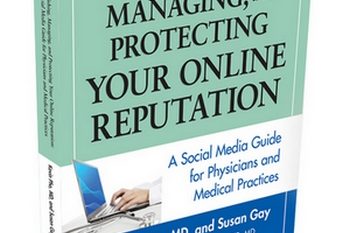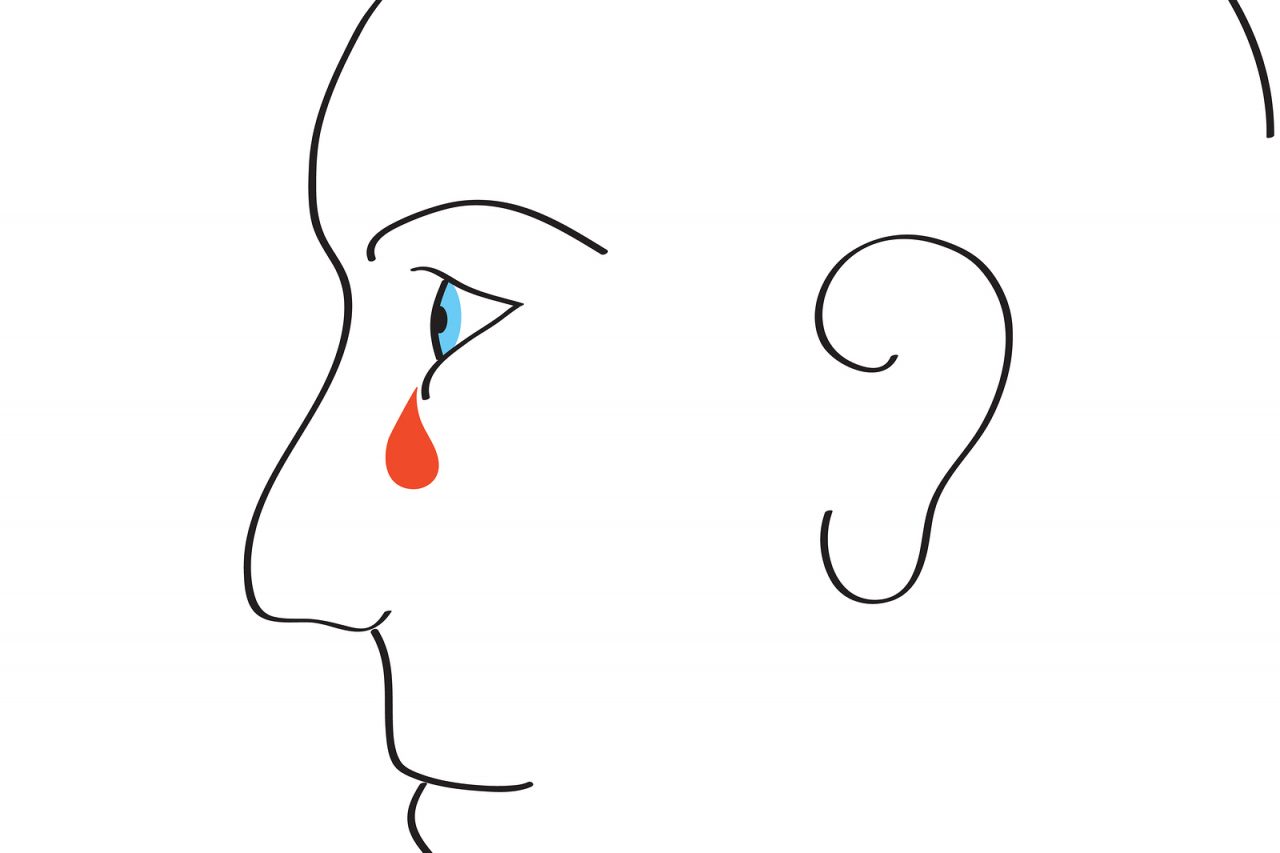To state the obvious: 1) most advanced cancer patients have pain and 2) We have excellent pain medications which can effectively treat more than 90% of cancer pain. Therefore, most patients with cancer receive proper prescriptions for pain. Obvious, yes? True? No.
In Europe, Australia and North America narcotic analgesics are widely available, and frequently prescribed. While there is access, many patients, particularly those in certain groups such as seniors and those with limited financial means, often receive insufficient doses and amounts, which only superficially address pain needs. Nonetheless, this partial success means that high income Countries use up to 95% of the world supply of morphine. Tragically, the remaining world population has its pain treated with the remaining 5%.
This month at the European Society for Medical Oncology (EMSO) yearly meeting, Dr. Nathan Cherny presented frightening data on the world pain pandemic. In an analysis which looked at the medical care of almost 5 billion people, it was found that very few have access to pain medications.
Of the 76 Countries studied in Africa, South America, the Middle East and the Caribbean, rarely were the seven basic pain medications (oral morphine (IR/SR), oxycodone, fentanyl, codeine, methadone, tramadol) available. Most Countries had only one, two, or none at all. When these drugs were available, there was limited access, short supply, high cost and tight regulation. Thus, with cancer rates exploding in developing countries, millions of people are suffering in unrelieved pain.
The problem is a combination of cultural mores, cost and most importantly, bizarre laws which limit availability. For example in the Ukraine narcotics are only legal in an injectable form, despite over a dozen oral forms manufactured, which makes it impractical to prescribe or use. India is the world’s largest manufacture of morphine, but the drug is almost unavailable in that country. In much of the world archaic poorly designed laws designed to limit abuse fail to achieve that goal but instead limit access for patients in critical need.
We must remember that cancer pain is much more than physical suffering. If we fall and break an arm, there will be pain. That same bone may fracture from a cancer as it mines a hole deep into the marrow. However, none of us would propose that the pain is the same. The pain from a fall is uncomfortable and limiting. The pain from the cancer is uncomfortable and limiting, but it also strikes deep into the spirit. That pain means cancer, that pain means fear, that pain means death.
It is unacceptable that with inexpensive pharmaceutical solutions for pain available that we should allow this global suffering to occur. The vast majority of narcotics prescribed to treat pain are not diverted from their therapeutic goal and do not contribute to dependence or addiction. On the other hand, ineffective, poorly designed efforts in global drug trafficking wars markedly reduce access for most patients, with cancer patients collateral victims of friendly fire. This is a global problem and will require a world effort to stop the agony.
While the suffering of one is a story that touches our heart, the suffering of many can overwhelm and provoke apathy. I suggest that we each focus on one … one special person that we love … and consider how we would feel if that person was in uncontrolled pain. Then, we act, together, to relieve that pain, a billion times.







4 Comments